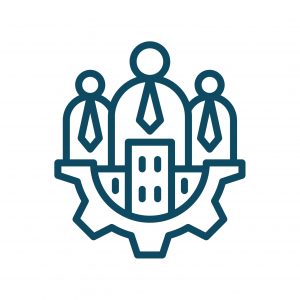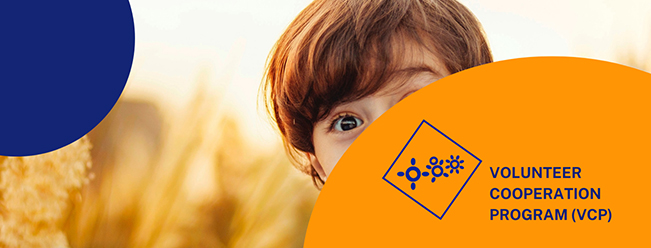

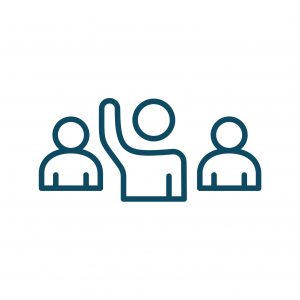 Developing and facilitating meaningful participation spaces tailored to children.
Developing and facilitating meaningful participation spaces tailored to children.
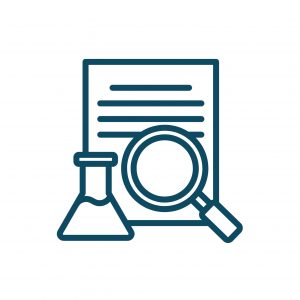 Facilitating experimentation in support of children’s rights.
Facilitating experimentation in support of children’s rights.
By facilitating collaborative and flexible processes that allow for testing, evaluating, adjusting, learning, and scaling, we identify and experiment with practices or initiatives that could lead to better outcomes in the realization of children’s rights.
This can take the form of labs, child empowerment processes, multisectoral consultation groups, observer groups, and synergies among our partners, integrating them into consultation and coordination frameworks to collectively contribute to achieving results linked to key child rights issues.
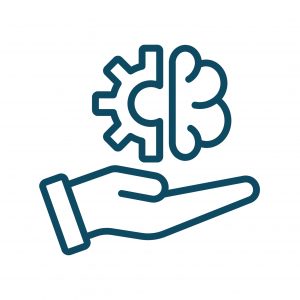
We implement collaborative and scientific data production processes to co-construct knowledge on children’s rights, offering a critical perspective on various related approaches and fostering a shared understanding of the state of children’s rights in a given context. This cross-cutting action allows us to adapt our initiatives while also stimulating discussion on various issues for greater impact.
These processes can take the form of data collection, collaborative development of mappings and situational analyses, participatory research with children, gender-based comparative analysis, and more.
